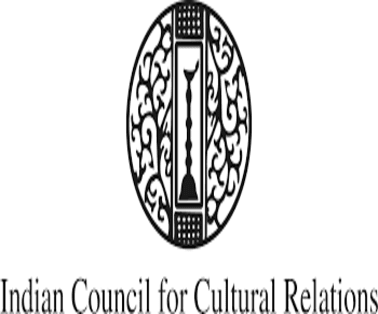The National Commission for Protection of Child Rights (NCPCR) has launched a campaign called “Addiction Free Amrit Kaal”
Key Points On Addiction Free Amrit Kaal
- It was launched on World No- Tobacco Day (31stMay), aiming to create a healthier and addiction-free India.
- The campaign aims to make India a tobacco and drug-free nation among children.
- The campaign aims to create awareness and promote a healthier lifestyle by addressing the issue of tobacco and drug addiction among children.
- The health risks associated with tobacco and drug addiction is alarming with an annual death toll of over 13 lakh people due to tobacco consumption in India.
- To actively involve children in the fight against tobacco and drugs, ‘Prahari Clubs’have been established in schools, with approximately 60,000 such clubs formed thus far.
- These clubs enable children to serve as the government’s eyes and ears, reporting any tobacco-selling shops near their schools.
National Commission For Protection Of Child Rights
- NCPCR is a statutory body set up in March 2007 under the Commissions for Protection of Child Rights (CPCR) Act, 2005.
- It is under the administrative control of the Ministry of Women & Child Development.
- Under the act, a Child is defined as a person in the 0 to 18 years age group.
- The Commission’s mandate is to ensure that all laws, policies, programmes, and administrative mechanisms are in consonance with the child rights perspective as enshrined in the Constitution of India and also the UN Convention on the Rights of the Child.
- It inquires into complaints relating to a child’s right to free and compulsory education under the Right to Education Act, 2009.
- It monitors the implementation of Protection of Children from Sexual Offences (POCSO) Act, 2012.
NCPCR Constitution
- This commission has a chairperson and six members of which at least two should be women.
- All of them are appointed by Central Government for three years.
- The maximum age to serve in commission is 65 years for Chairman and 60 years for members.
- Chairperson should be Person of eminence and who has an exemplary record of work in child welfare.
- Six members should have experience in the following fields:
- ➢ Education
- ➢ Child health, care, welfare or child development
- ➢ Juvenile justice or care of neglected or marginalized children or children with disabilities
- ➢ Elimination of child labour or children in distress
- ➢ Child psychology or sociology
- ➢ Laws relating to children
Objectives Of National Commission For Protection Of Child Rights

National Commission For Protection Of Child Rights Functions
- Assess and review the safeguards that are provided for child rights protection in India under existing laws and also suggest measures for implementing them effectively.
- Present reports on the workings of the laws in this domain to the central government as and when necessary.
- Inquire cases of child rights violations and initiate proceedings.
- Study the factors that prevent the enjoyment of rights of children
- Enquire into the needs of children requiring special care and protection
- Review current policies with respect to children’s rights and protection by studying treaties and international instruments and suggest changes as needed.
- Conduct research in the field of child rights.
- Advocate child rights and promote/disseminate the idea through mass campaigns, seminars, etc.
- Undertake investigation into specific complaints received from children or anyone else on their behalf
- Encourage the incorporation of child rights in school curriculums and train teachers in that respect.
Complaint Mechanism Of National Commission For Protection Of Child Rights
- One of the Core Mandates of the Commission is to inquire into complaints of violations of child rights.
- The commission is also required to take suo moto cognisance of serious cases of violation of child rights and to examine factors that inhibit the enjoyment of rights of children.
- Complaints may be made to the Commission in any language listed in the 8th Schedule of the Constitution.
- No fee shall be chargeable on such complaints.
- The complaint shall disclose a complete picture of the matter leading to the complaint.
- The Commission may seek further information/affidavit as may be considered necessary
To Download Monthly Current Affairs PDF Click here
Get Inspiration from CLAT 2025 Topper
Click here to get a free demo
Everything About CLAT 2025



